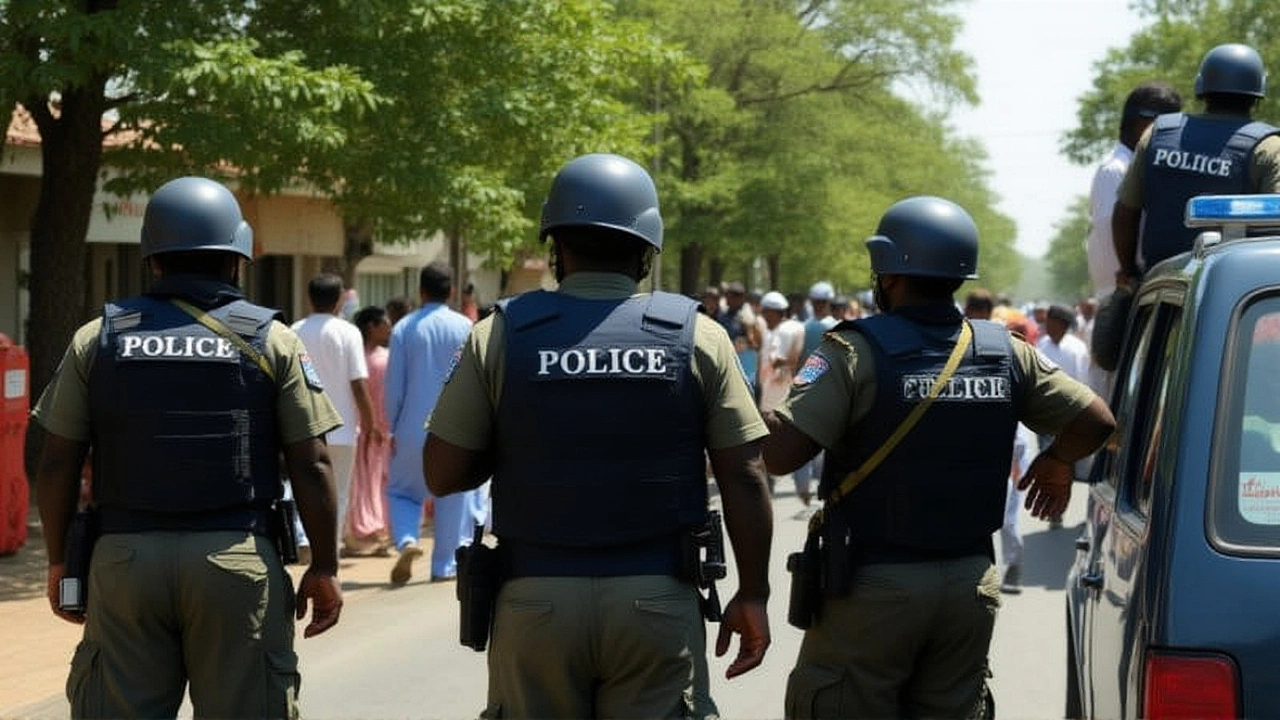Vehicle Seizures: Why Confiscating Cars Matters
When talking about vehicle seizures, the legal takeover of cars, trucks, motorcycles or any transport used in crime. Also known as vehicle confiscation, it helps break the cash flow of gangs and stops dangerous machines from hitting the streets.
In practice, law enforcement agencies, police, customs and border officers who chase illegal trade are the front line. They need solid intelligence, seizure orders and tracking tech to spot a hidden SUV in a shipping container. Asset forfeiture, the legal process of taking profits from criminal activity then converts a seized vehicle into cash for further investigations. The link is clear: vehicle seizures require law enforcement and trigger asset forfeiture, which together squeeze the resources of smuggling networks.
Key Players and Tools Behind the Confiscations
Every seizure starts with a tip or a data pattern. forensic investigations, the science of tracing VIN numbers, GPS logs and fluid residues turn a suspicious vehicle into courtroom evidence. In many cases, forensic labs reveal hidden compartments used for drug smuggling or illegal arms. Meanwhile, smuggling networks, organized groups that move contraband across borders adapt fast, using false paperwork or disguised cargo. The ongoing cat‑and‑mouse game forces authorities to adopt real‑time tracking, blockchain‑based documentation and cross‑border intelligence sharing.
These entities form a web of cause and effect: vehicle seizures undermine smuggling networks, forensic investigations provide the proof needed for asset forfeiture, and law enforcement agencies coordinate the whole operation. When a police unit torches a fleet of stolen trucks, the criminal organization loses both transport and revenue, often leading to internal fractures that make future raids easier.
What you’ll see in the collection below are stories that illustrate these dynamics. Some posts detail high‑profile arrests where dozens of SUVs were impounded after a raid on a cross‑border syndicate. Others explain how customs officers used advanced scanning to flag a container full of modified motorcycles destined for the black market. A few articles go into the legal hurdles of asset forfeiture, showing how courts decide whether a seized vehicle can be auctioned or must stay in evidence.
By the end of this list, you’ll have a clearer picture of how vehicle seizures fit into the broader fight against crime, the tools that make them possible, and the ripple effects on illegal economies. Dive in to see real‑world examples of law enforcement, forensic science, and financial disruption at work.

Nigeria Court Stops Tinted‑Glass Permit Seizures After 210 Cars
A Warri court halted Nigeria's tinted‑glass permit seizures after 210 cars were impounded, sparking debate over security, costs, and legal authority.
Categories
- Sports (146)
- Politics (22)
- Entertainment (20)
- World (15)
- News (10)
- Lifestyle (8)
- Business (6)
- Technology (3)
- Health (3)
- Environment (2)



